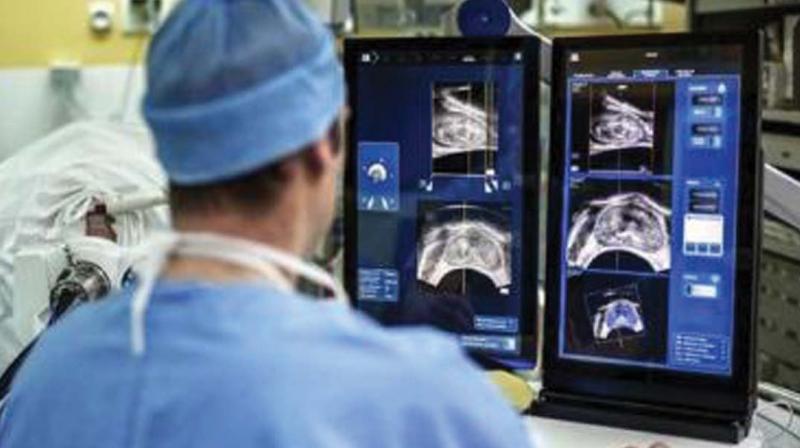Healers err, but error-free gadgets are no panacea
With advanced technology, artificial neural networking can make clinical decisions.

Medical profession is quite fascinating and their case histories, still more interesting. As a literary editor, those raw manuscripts by medical practitioners are my favorite ones. I could enjoy a surgeon’s account of his ‘dance’ on knife’s edge as much as I did an Atul Gawande. As a reader, I delighted in the romantic and idealistic portrayals in The Citadel or movies like Anand Ashram, Tere Mere Sapne or moralistic ones like Munnabhai MBBS – they all show different facets of the man in white coat.
Despite all the adulation and admiration for the noble profession, one always has a feeling that it is an imperfect science – life or death depends on the kind of decisions these semi-gods take, based on conscious learning and unconscious knowledge. At the end of the day, questions will be: ‘Are there always wiser decisions? Could choices have been better?’ There is always a chance of erring; for, human judgment, even from an expert, falls well short of certainty.
There have been attempts to overcome this. With advanced technology, it is believed that artificial neural networking can make sophisticated clinical decisions. The first to moot this idea was William Baxt in the 1990s, who suggested that expert systems learn from experience as much as humans do. He believed their guesswork could be improved by incorporating feedback from each success and each failure and that computer can outperform doctors in diagnosing heart attacks.
In a later study by Edenbrandt, Swedish cardiologist Ohlin was pitted against the machine in which out of 2,240 EKGs, the human doctor correctly picked up 620 whereas the computer could do 738 correctly. The machine beat man by 20 percent.
Diagnosis thus becomes the keyword. Exactly five years back, an eminent cardiologist lost his life to liver disease. An expert in the diagnostic and treatment methods of angiogram and angioplasty, he had the best facilities at arm’s length. Unfortunately, he had chosen to ignore his father’s – himself a well-known physician -diagnosis and follow his own.
Such fatal errors in judgment occur all the time. Luckily some of them have better endings.Thanks to a good physician’s intervention, my husband escaped from acute renal failure, wrongly diagnosed as gastro. A well-meaning orthopaedic surgeon forced my friend to cancel her full knee replacement surgery. According to his diagnosis, there was a need only for a half replacement, which is less cumbersome and less risky. Though they had to get it done in another city, the result was positive.Another one was still better. A middle-aged aunt of mine, a mother of three, got her bloating stomach diagnosed as tumor and discoveredon the operation table that it was live - her fourth child. Imperfect science indeed
(Formerly Librarian, The British Library, Trivandrum & SCERT Kerala)

